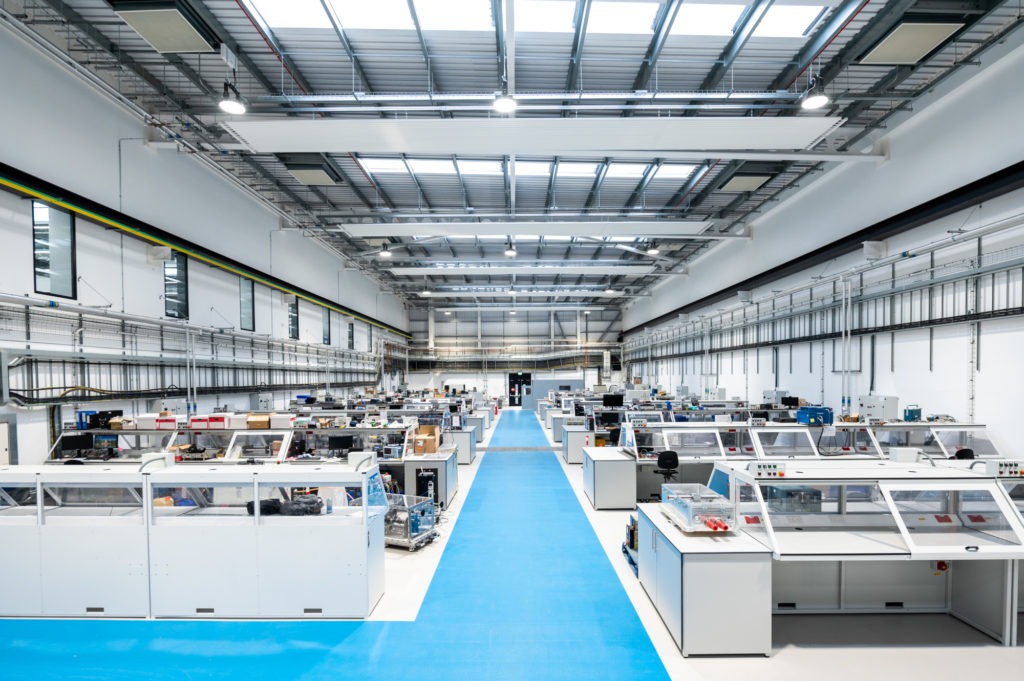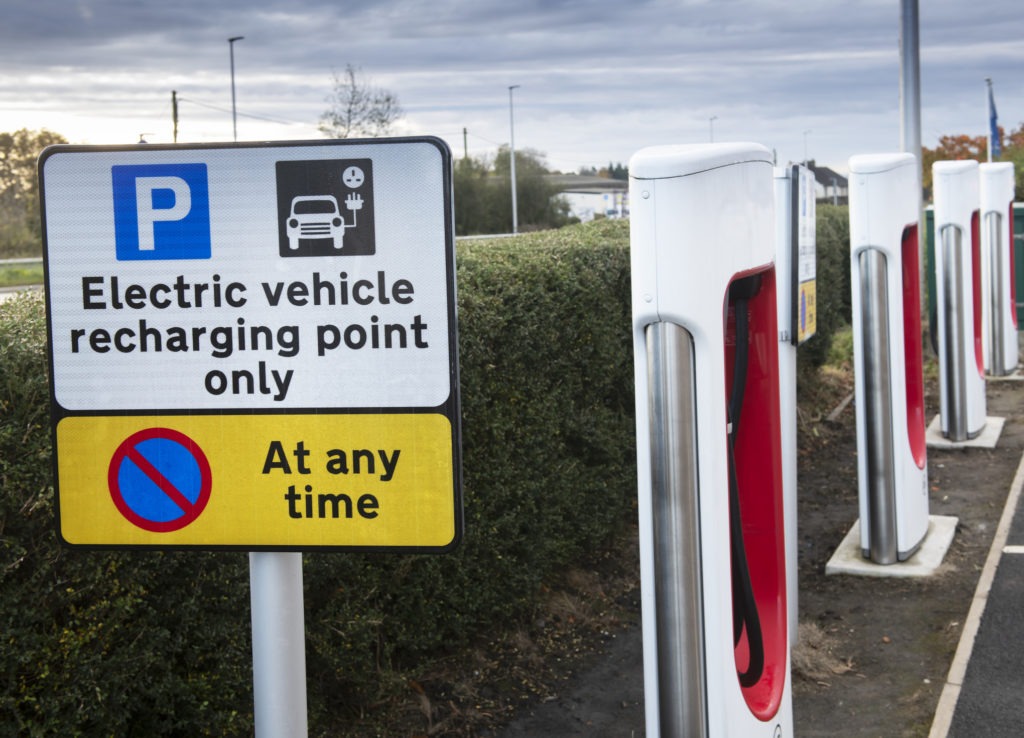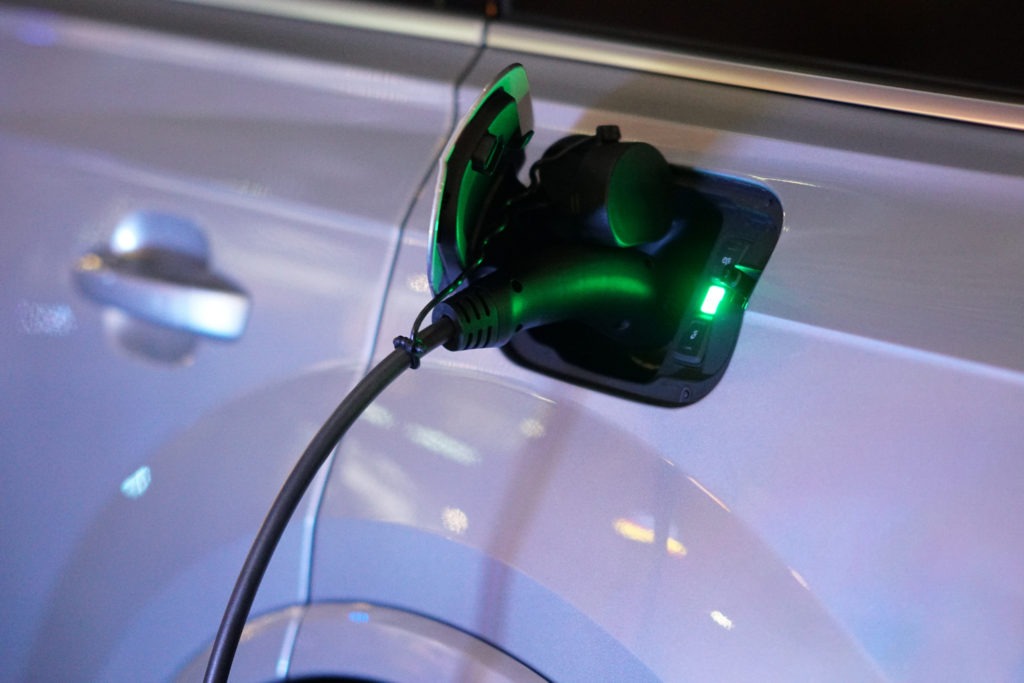GKN Automotive launches eDrive research centre in UK
09 December 2021

Drivetrain supplier GKN Automotive has unveiled its new Advanced Research Centre (ARC). The project was created to develop next-generation eDrive systems for electrically-chargeable vehicles (EVs).
The move will also help bolster the country’s engineering capabilities as it attempts to reach net-zero by 2050. Partnering with the University of Nottingham and Newcastle University, GKN Automotive is looking to both advance drive technology and modular innovations. The collaboration will focus on ultra-efficient electric units for future EVs.
£3.5 million investment
Partially supported by the Melrose Skills Fund (MSK), GKN Automotive will invest £3.5 million (€4.1 million) in the ARC. The £10 million MSK fund will be allocated over five years, helping to promote engineering capabilities in the country. The ARC’s work will be split across three engineering facilities, aiming to advance electric automotive-engineering know-how while strengthening the UK’s research position.
‘GKN Automotive is a pioneer of advanced eDrive development and this new research partnership will play a key role in strengthening the innovation of electrification technologies for future advanced-propulsion systems,’ said Gordon Day, managing director of the GKN Automotive Innovation Centre.
‘We are extremely proud that this research will be in partnership with Newcastle University and the University of Nottingham, two renowned and respected global leaders in automotive-electrification engineering research. Both institutions will also play a leading role in helping us develop a supply of high-calibre engineering talent, which is essential to enable us to put the UK at the forefront of global automotive-industry innovation.’
Collaborative effort
GKN Automotive explained that the collaborative research will both push forward the development of eDrives and support the UK’s technology roadmap as set out by the Advanced Propulsion Centre (APC). Both universities involved in the collaboration are also members of the centre’s ‘spoke’ community.
These spokes bring together specialist academic, technological, and commercial experts to work together on the development of low-emission propulsion technologies. The University of Nottingham is the APC’s spoke for power electronics and is home to the Midlands Driving the Electric Revolution Industrialisation Centre (DERIC). Meanwhile, Newcastle University heads up the electric-motor division and leads a network of four DERICs.
These centres are backed by £33 million in UK Government funding. It is hoped this well-supported network will propel the country’s manufacturing to the forefront of global efforts to tackle climate change.
Electrifying a nation
The UK new-car market saw yet another tumble last month, down 26.1% compared to November 2019. The new Omicron COVID-19 variant looks to be compounding other issues, such as cracked supply chains and parts shortages. But among this market misery, electrified models appear to be kindling some hope.
EVs (including mild-hybrids) took 28.1% of the market, almost treble the 9.6% share of new diesel cars. Including the 8.3% share of hybrid electric vehicles (HEVs), more than one in three cars registered in the UK last month was powered by an electrified powertrain. This increasing EV popularity will require continued encouragement and support from both automotive companies and the government.
The West Midlands Gigafactory could begin supplying batteries from 2025. At full capacity, it is slated to produce 60GWh per year. In October, industry leaders met with Prime Minister Boris Johnson to discuss the acceleration of electrification. A few months before this, Nissan confirmed an EV-manufacturing ecosystem would be built at its Sunderland plant.
Johnson also recently confirmed that from next year all new homes and buildings in England must come with electric infrastructure. This mandate will be crucial for the continued adoption of EVs. Analysis by the Society of Motor Manufacturers and Traders (SMMT) found that between 2019 and 2020, the ratio of charging points for both battery-electric vehicles (BEVs) and plug-in hybrids (PHEVs) available in the UK deteriorated by 31%. If this trend continues, charging anxiety will surely curb EV demand, hollowing the efforts of developers like GKN Automotive.



